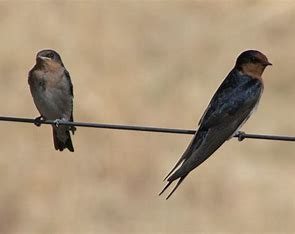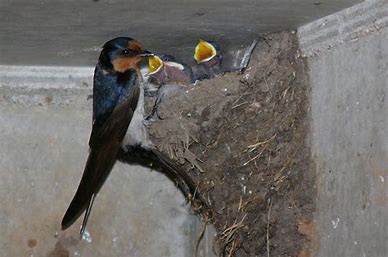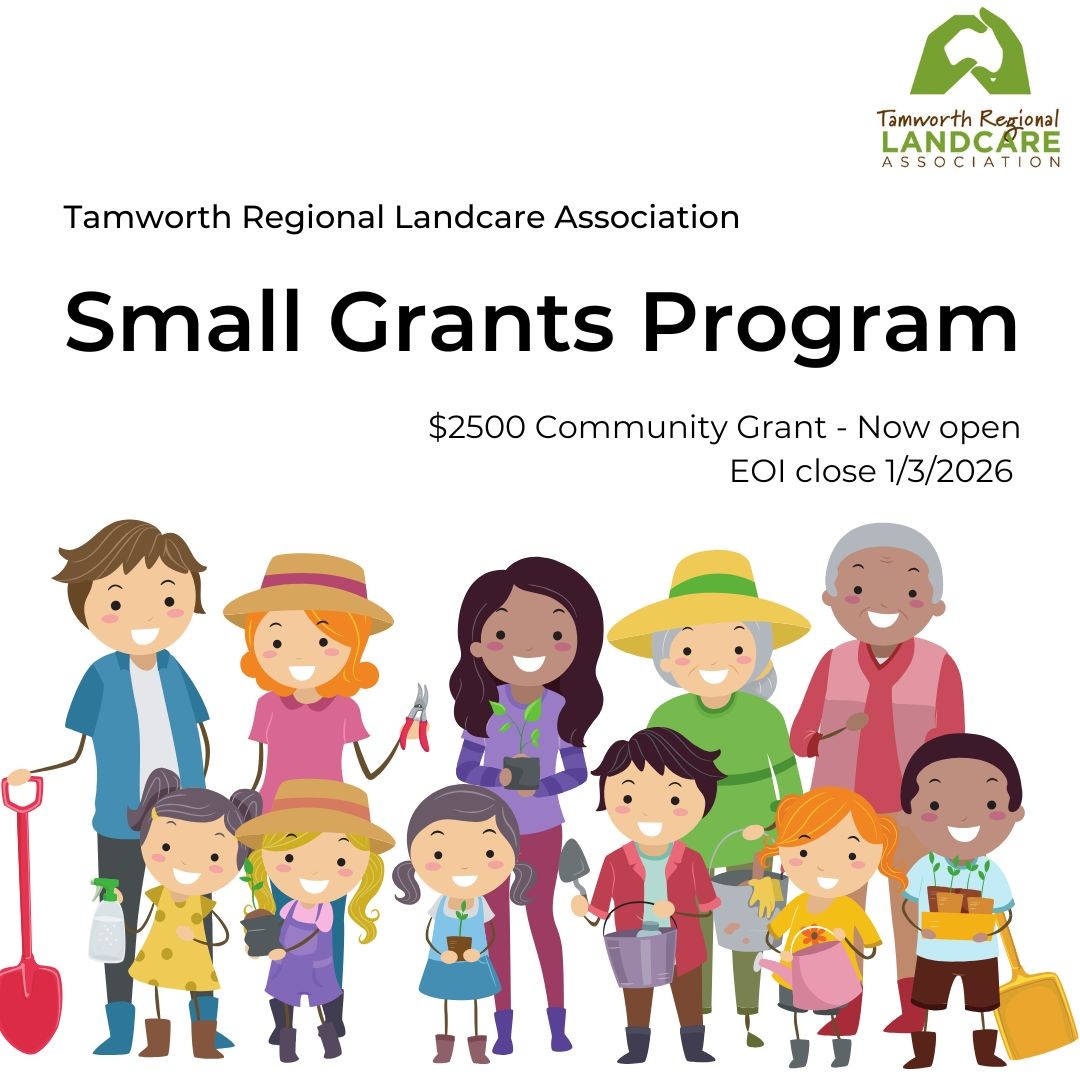Keeping Swallows at Bay: A Guide for Gardeners, Farmers, and Bird Lovers
Swallows, particularly the Welcome Swallow, are a common sight in Australia, admired for their graceful flight and mud cup nests. While their name evokes a sense of charm, they can create challenges when they nest in large numbers under eaves or rafters. From droppings to noise and potential property damage, managing their presence requires a thoughtful and proactive approach. Here are some practical tips to help you prevent swallows from nesting where they’re not welcome.

Understanding Swallow Behaviour
Swallows seek out structures like eaves that offer shelter and stability for their nests. These locations protect them from predators and harsh weather. However, once a nest contains eggs, it is illegal to disturb it. Timing your preventative measures before the nesting season begins is key.
Effective Swallow Deterrents
1. Install Bird Slopes Bird Slopes are angled, slippery surfaces that prevent swallows from getting a foothold to build nests. Easy to install and aesthetically unobtrusive, they’re a highly effective solution favoured by many homeowners and property managers.
2. Visual Deterrents Reflective objects like old CDs, aluminium foil strips, or specially designed reflective tapes can discourage swallows by disrupting their flight patterns. Predator decoys, such as fake owls or hawks, can also be useful, though they should be moved regularly to remain effective.
3. Auditory Deterrents Ultrasonic devices and systems like the “Bird Chase Sonic System” emit distress or predator calls to unsettle swallows. These work best when combined with visual or physical deterrents to create an environment that swallows will avoid.
4. Maintenance and Habitat Modification Regularly trim trees and shrubs to reduce potential nesting sites. Eliminating stagnant water sources can make your property less attractive to insects, which are a primary food source for swallows. For a natural approach to pest control, consider fostering plants like maidenhair ferns or spider plants, which can deter mosquitoes and other insects.
A Balanced Approach
While managing swallows can help protect your property, it’s important to remember their role in the ecosystem, such as controlling insect populations. By using humane and proactive methods, you can strike a balance between welcoming these birds to your environment and maintaining your space.






.png)
